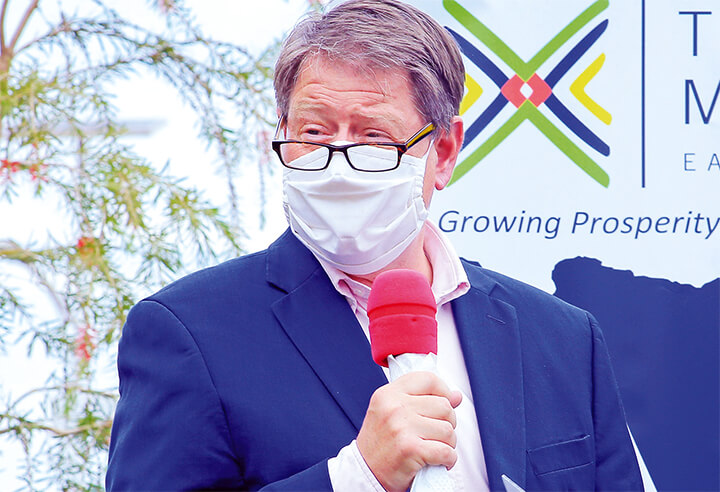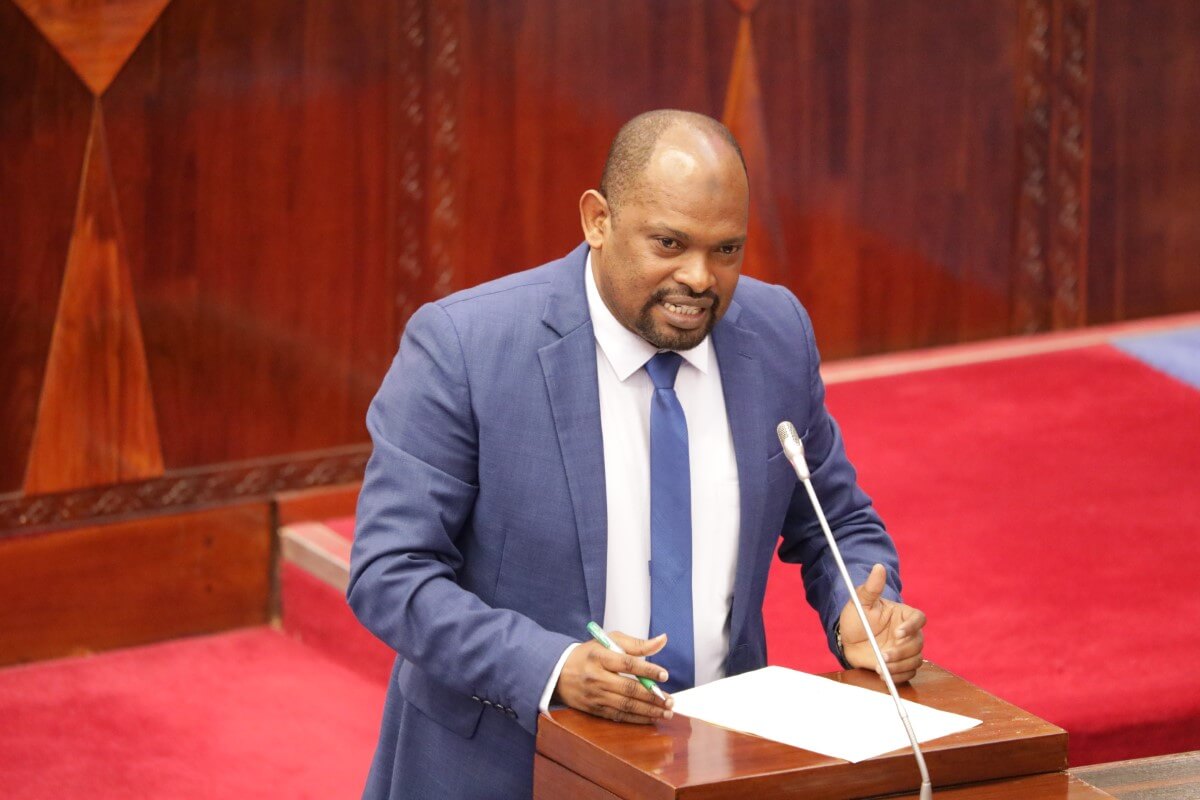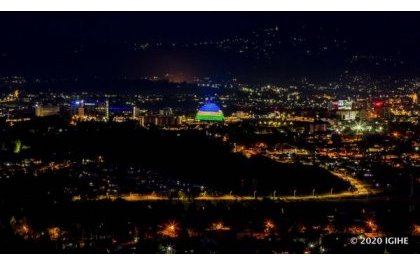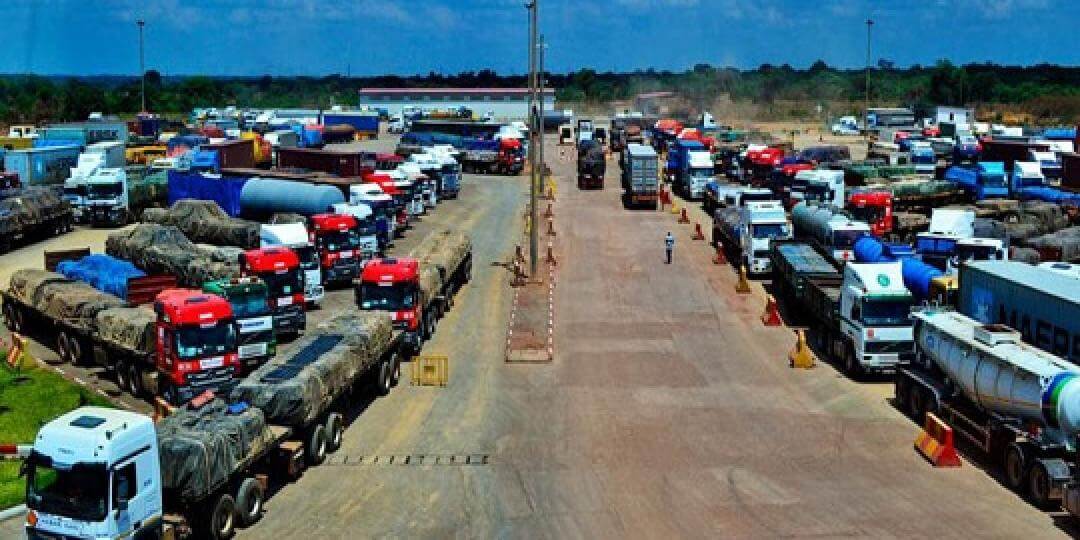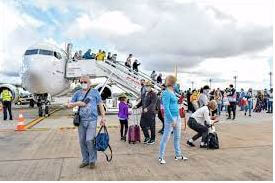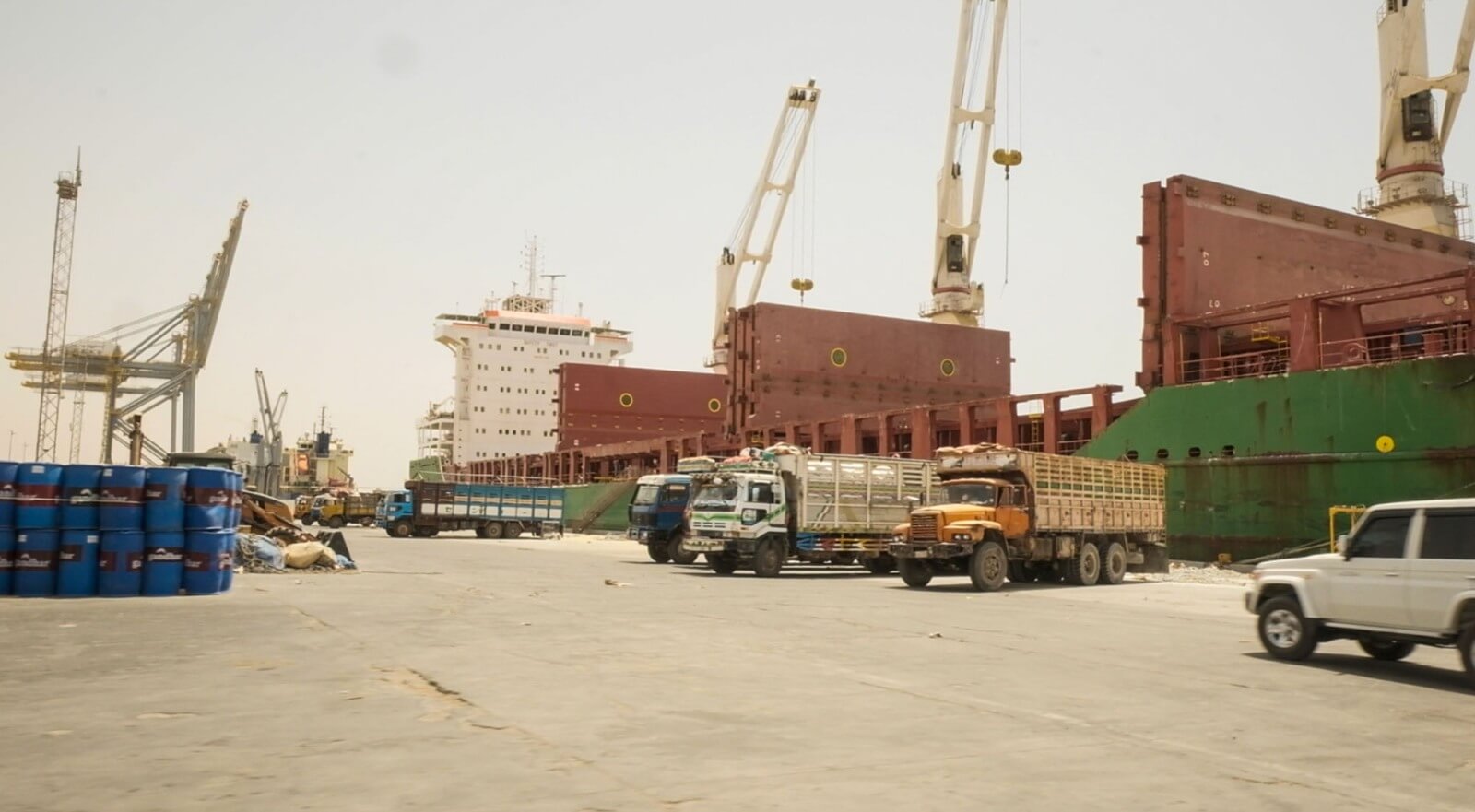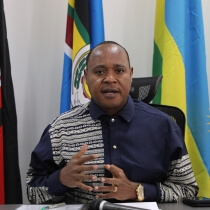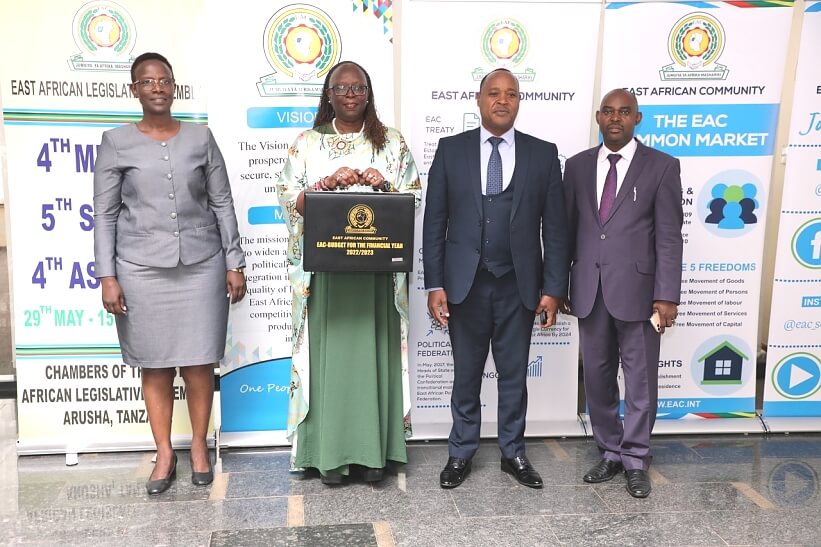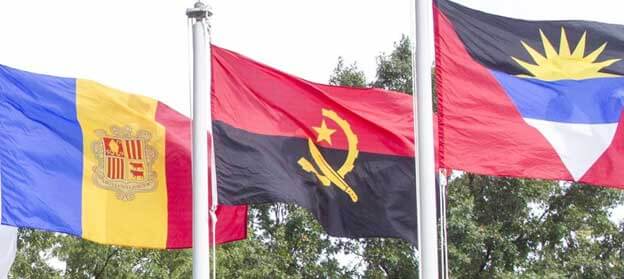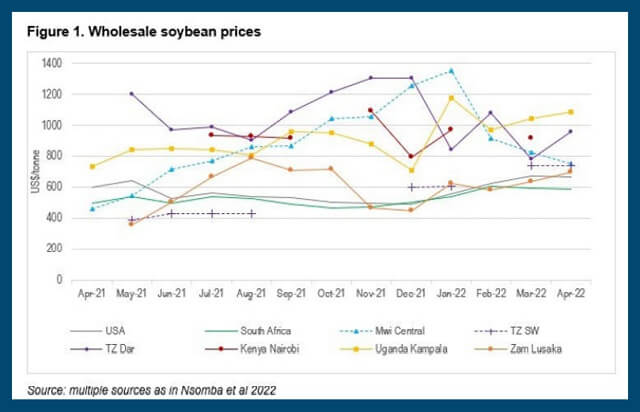The outbreak of the COVID-19 pandemic in 2020 coupled with conflicts in some parts of the Democratic Republic of Congo (DRC) will delay the completion of the one-stop border post (OSBP) at Goli and Mahagi. DRC and TradeMark Africa (TMA) signed the contract to begin construction of the OSBP at Mahagi in Ituri Province, on the border with Uganda on April 16, 2020. “With Goli-Mahagi, we have had a few challenges on the DRC side. The Ugandan side was complete in a period of about six months. The DRC side is a bit more complex because of some unrest on the DRC side which interrupted civil works and there have been some cost overruns. “We may be able to complete probably in the next nine months,” Frank Matsaert, the chief executive officer of TMA, said. Matsaert was addressing the media on some of the ongoing projects being implemented by TMA to smoothen trade flow across borders in Kampala on Thursday. Matsaert added: “The balance sheets of construction companies were also weak (due to the effects of the pandemic) and what we found is that this has been a challenge across the region.” The Goli-Mahagi border is one of DRC’s busiest border crossings, located at the axis linking the popular centres of Arua (Uganda), Bunia (DRC), Kisangani (DRC) and the port of Mombasa (Kenya) along the Northern Corridor. The planned OSBP border between Uganda and DRC is aimed at modernising the border infrastructure at Goli-Mahagi and to improve the handling of...
COVID disruptions delay works at Goli-Mahagi border
Posted on: June 9, 2022
Posted on: June 9, 2022

